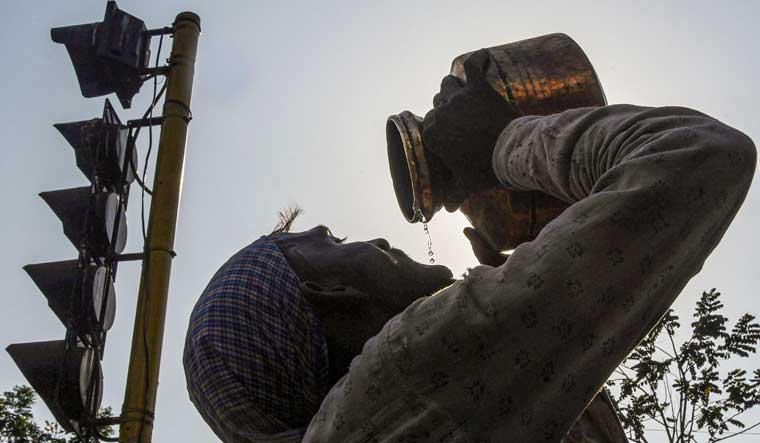Researchers at the Indian Institute of Technology (IIT) Delhi have made a groundbreaking discovery by creating a sensor capable of monitoring water quality in real-time. This incredible innovation utilizes electricity-generating microorganisms, known as "electroactive microorganisms," to detect and measure pollutants in water.
Typically, these microorganisms are extensively studied for their potential in power generation. However, the brilliant minds at IIT Delhi have harnessed their abilities to create a bioelectrochemical sensor. This sensor employs a category of electroactive microbes called "weak electricigens," which are recognized for producing low levels of electricity.
When these weak electricigens encounter pollutants, their electrical current decreases. By continuously measuring their extracellular current, this cutting-edge approach allows for the real-time monitoring of water quality. This technology has the potential to serve as an early-warning system, complementing existing monitoring methods that can be costly or impractical for continuous operation.
Lucinda Elizabeth Doyle, an Assistant Professor at IIT Delhi's Department of Biochemical Engineering and Biotechnology, explained the significance of this breakthrough. She stated, "The sensor responded to a variety of pesticides and can be used repeatedly for long-term monitoring, a crucial feature for regions frequently exposed to water contamination." Moreover, this technology could be instrumental in detecting emerging contaminants that are not typically covered in routine tests.
The implications of this research extend beyond the laboratory. The presence of weak electricigens in various natural environments opens up possibilities for on-site sensors and easy integration into existing monitoring stations, as Professor Doyle pointed out. These findings hold significant relevance for achieving the United Nations' Sustainable Development Goal of ensuring sufficient water and sanitation by 2030.
The research paper titled "A Weak Electricigen-Based Bioelectrochemical Sensor for Real-Time Monitoring of Chemical Pollutants in Water" has been published in the prestigious journal "Applied Bio Materials," which is published by the esteemed American Chemical Society. This publication further underscores the significance of this breakthrough in the scientific community.
The development of this sensor marks a remarkable advancement in the field of water quality monitoring. With its potential to revolutionize conventional methods and provide continuous, accurate monitoring, this innovation promises to contribute significantly to safeguarding our water resources and promoting sustainable development.


